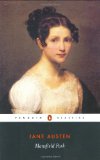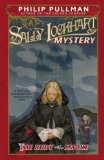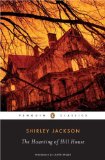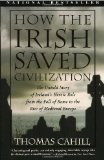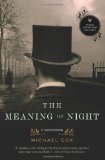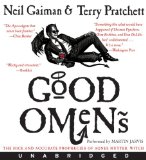 I finished Mansfield Park just under the wire with less than 24 hours remaining in the year, which means that I have also completed the Everything Austen Challenge.
I finished Mansfield Park just under the wire with less than 24 hours remaining in the year, which means that I have also completed the Everything Austen Challenge.
Mansfield Park is the story of Fanny Price, daughter of the poor sister of Lady Bertram of Mansfield Park. The Bertrams offer to take Fanny in as a favor to their sister, who has had the misfortune to marry poorly and have yet another child practically every year. Fanny is at first treated disdainfully by the Bertrams and her aunt Mrs. Norris, the other sister of Lady Bertram, but she proves her worth to the family through her constancy of character, her forbearance, and her usefulness. Her cousin Edmund, the second eldest son, is the only member of the Bertram family to love Fanny from the first. She develops a love for Edmund beyond the sort of brotherly love he feels for her and is appalled when Henry Crawford, a man with what Fanny deems to be a dubious character, begins trying to win Fanny’s heart. Even worse, Edmund falls in love with Henry’s sister, Mary Crawford. Will Fanny ever catch a break?
This book is very different from the other Jane Austen books I’ve read. I always enjoy a trip into her world. However, it is in this book that Austen truly shows us a peek into the lives of people outside the gentle class with her portrayal of the Prices. Mary Crawford is a nasty little piece of work, and I never liked her. Very selfish and vain. I never liked the Bertram daughters, Maria and Julia, either. They were spoiled and reminded me of the ugly stepsisters in Cinderella. In fact, their aunt Mrs. Norris compares well with the wicked stepmother in that story as well, and of course, Fanny is the too-good-to-be-true, long-suffering Cinderella. She always puts others before herself. I feel at some points in the book, she plants herself on a bit of a moral high horse. But worse, she doesn’t seem to have a single fault. It’s no wonder that some readers don’t like her. She’s a bit too perfect. On the other hand, she is spunky in defying the Bertrams in refusing to marry Henry Crawford. She alone seems to have the true measure of his character.
Here in this novel we have an elopement even more scandalous than that of Lydia and Mr. Wickham. I was extremely puzzled by that plot turn, even though I knew it was coming, because I didn’t feel the groundwork was properly laid for it. I didn’t buy that either Maria or Henry Crawford were interested enough in each other to run off together they way that they did. On the other hand, I did feel Jane Austen explored some issues in this novel that she didn’t explore in her others, and the ending is not nice and neat. Maria has irreparably damaged her reputation and relationship with her family. Tom is sick, and it looks like consumption. Julia didn’t fare much better than Maria. Definitely not a happy ending for all.
Ultimately, I liked the novel better than I expected to, but not as much as Persuasion, Pride and Prejudice, or Sense and Sensibility. However, now I can say I’ve read all of Austen’s complete novels.
Rating:




